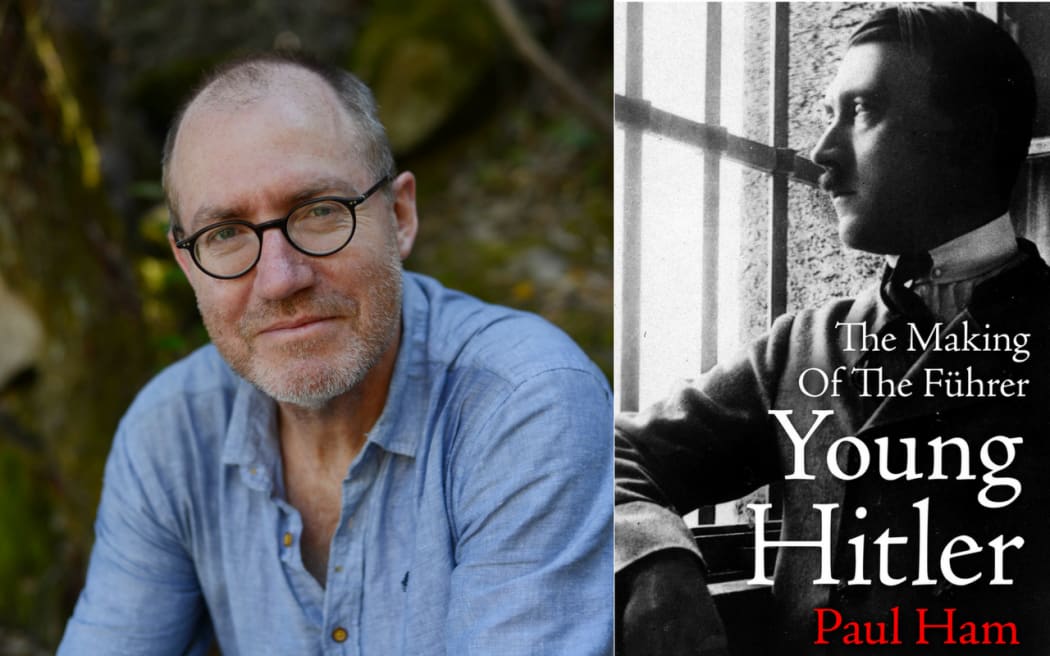Until Germany's humiliating First World War defeat ignited his ambitions and hatred, Adolf Hitler was more a 'reject' than a monster, says Australian historian Paul Ham.

Photo: Supplied
In his new book The Making of the Führer - Young Hitler, Ham argues that if it wasn't for WWI, Hitler might have remained an averagely accomplished postcard artist.
Hitler was rejected by his most of his peers, his father and, at first, the army, Ham says. He even took his mother's death as a personal rejection.
Although he had an eye for beautiful women – including an undeclared crush on a Polish girl who was probably Jewish, Stefanie Isak – Hitler was likely a virgin until his mid-20s.
For the five years before WWI, he lived down and out in Vienna, even on the streets for a time.
Hitler's sense of chronic rejection was at the heart of his deep-seated contempt for society, parliament and minorities that weren't 'German'.
This hatred turned violent after Hitler was blinded by mustard gas in the dying days of World War I, Ham says.
"As he came around, he looked out on a world that had literally collapsed around him … He felt to the marrow of his bones the humiliation of his beloved German army and he cast around on his cot in that field clinic for someone to blame."
Hitler latched onto Jews and communists who became, in his mind, "an unholy alliance of outsiders who were imperilling Germany".
Although Hitler meets all of the criteria for malignant narcissistic personality disorder and sociopathy, he was sane by any medical definition, Ham says.
He was a performer whose speeches were pure rants: "He really didn't have much to say and he kept repeating it over and over again."
But Ham doesn't believe excessive drug use was a reason for the repetition, as some other researchers have suggested recently.
Although Hitler used prescription drugs later in life for Parkinson's disease and stomach problems, he wasn't at any point a drug addict, Ham says.
He believes that theory is dangerous because it exonerates the Nazis.
"If they were all drugged and high and stoned they weren't aware of what they were doing … but they were acutely aware, this was a highly organised party."
A Nazi-style extermination could happen again anywhere in the world given the right (wrong) combination of social and economic conditions, he says.
It wasn't the Jewish religion the Nazis were trying to eradicate, but the perceived racial threat they posed to Germany.
Minorities have been exterminated on racial grounds as recently as the Yugoslav Wars of the 1990s, Ham says.
"If Hitler was alive today I have no doubt he would find millions of brawling adherents in the west."

